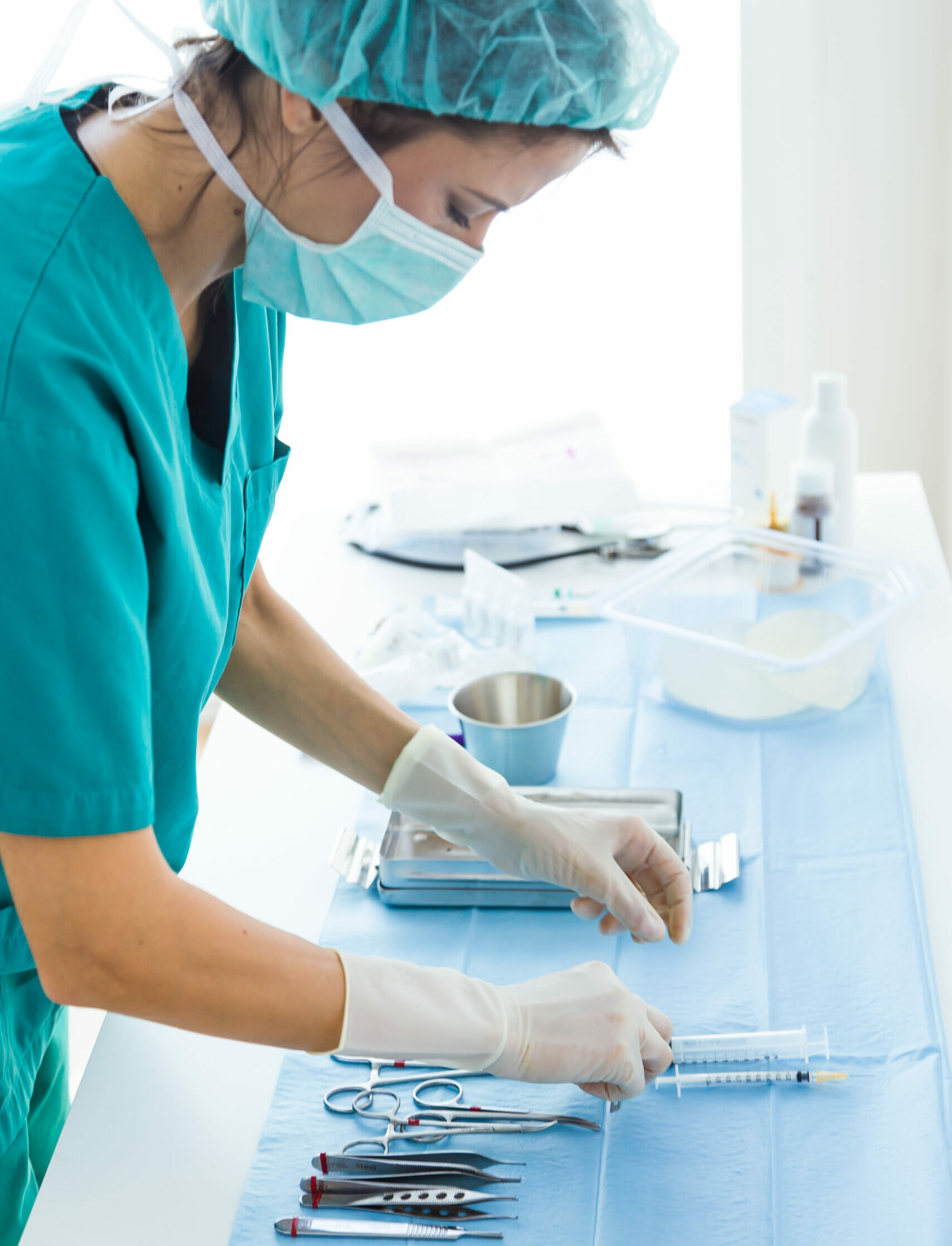Preparing for Surgery & Procedure
At Coastline Orthopaedic Associates, we understand that preparing for surgery is a crucial step towards achieving successful outcomes. Working collaboratively with your healthcare team, we’ve outlined some essential steps to help you get ready for your upcoming procedure. A proactive approach to both your mental and physical preparation can significantly contribute to a smoother recovery process and fewer complications.
Understanding the Process
- Once you and your healthcare provider determine that surgical intervention is the appropriate path, it’s important to familiarize yourself with the procedure and its subsequent treatment plan for optimal post-operative results.
- Mental and physical readiness is a key factor in achieving a successful outcome.
- Gaining a comprehensive understanding of the procedure and your active role in it can accelerate your recovery and minimize potential issues.

Coordinating with Your Physician
Before your surgery:
- Your physician will conduct a comprehensive physical examination to ensure no underlying conditions that could hinder the surgery or its outcomes.
- Routine tests, including blood tests and X-rays, are typically performed about a week before major surgeries.
During this phase, remember to:
- Engage in a discussion with both your doctor and your family physician about your current medications. This will help determine which medications need to be temporarily discontinued prior to the surgery.
- Collaborate with your doctor to explore various strategies for potential blood replacement, including options like autologous blood donation, medical interventions, and alternative treatments.
- If weight is a consideration, contemplate shedding excess weight before the surgery to alleviate stress on the targeted area. However, avoid drastic diets in the month leading up to the procedure.
- If you’re currently taking medications like aspirin, anti-inflammatory drugs, warfarin, or other blood-thinning agents, consult with your physician to halt these medications one week before surgery to minimize bleeding risks.
- For smokers, reducing or ceasing smoking can enhance surgical outcomes and the recovery process.
- Address dental, gum, bladder, or bowel concerns before the surgery to mitigate the risk of post-operative infections.
- Maintain a balanced diet, supplementing it with a daily multivitamin containing iron.
- Promptly report any identified infections to your surgeon, as surgery can proceed only once infections have been effectively treated.
- Arrange for support with daily activities such as cooking, shopping, and laundry during your recovery period.
- Organize your living space for ease of access to frequently used items, reducing the need for excessive bending and reaching.
- Enhance safety by securing loose carpets and taping down electrical cords to prevent falls.
- Ensure you have a stable chair with firm seat cushioning, solid back support, and armrests.
Preparation for Day Surgery
For individuals undergoing day surgery:
- Arrange for transportation back home, as driving within the initial 24 hours post-surgery is not recommended.
- Refrain from consuming food or beverages during the car ride home.
- Combining anesthesia, travel-induced motion, and food consumption can lead to nausea or vomiting. After returning home, wait until you feel hungry before consuming a light meal. Opt for non-greasy foods during the first 24 hours.
- Following surgery on an extremity (e.g., leg, knee, hand, or elbow), maintain elevation and apply ice as directed to manage swelling and discomfort.
- Adhere to the prescribed pain management regimen. Initiate pain medication as discomfort arises but before it becomes severe. Delaying pain relief until severe pain sets in can hinder effective pain control.
At Coastline Orthopaedic Associates, we prioritize your well-being throughout the surgical journey. By following these guidelines, you’re actively contributing to a smoother, more successful recovery process.














